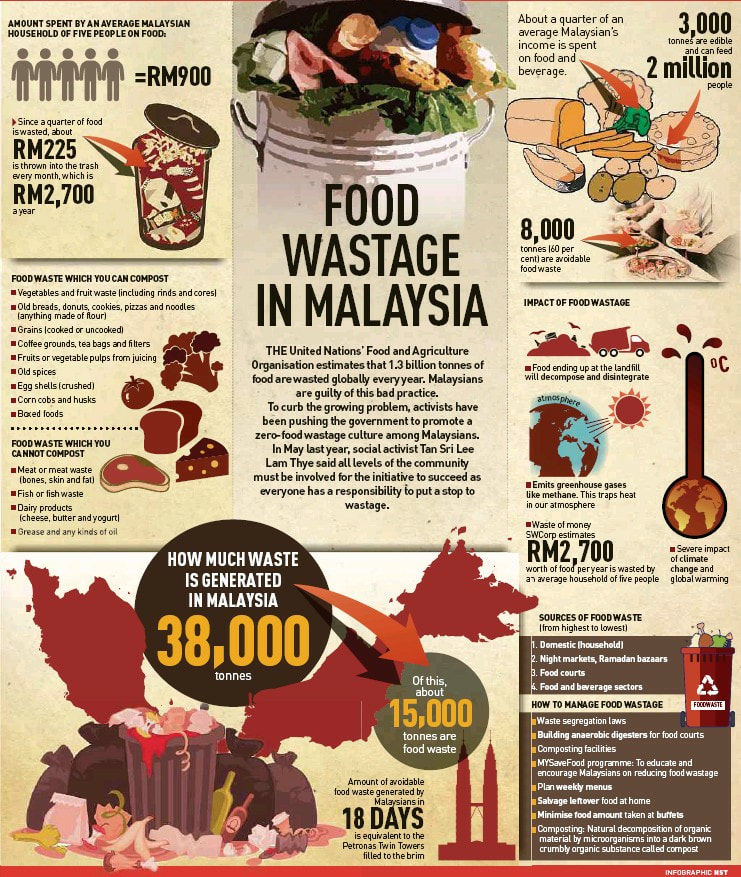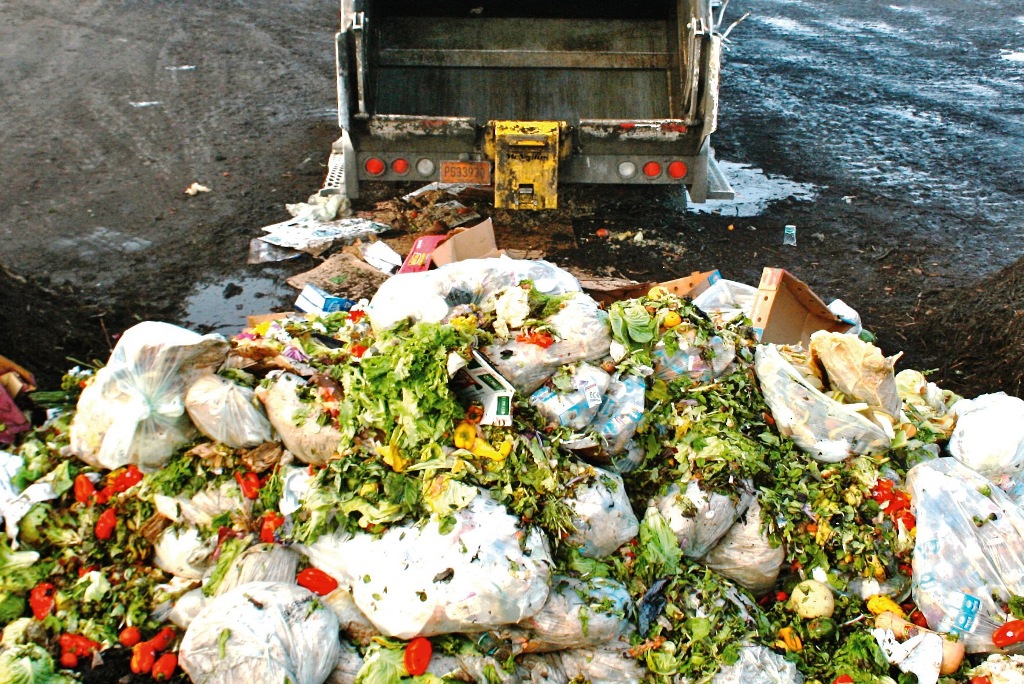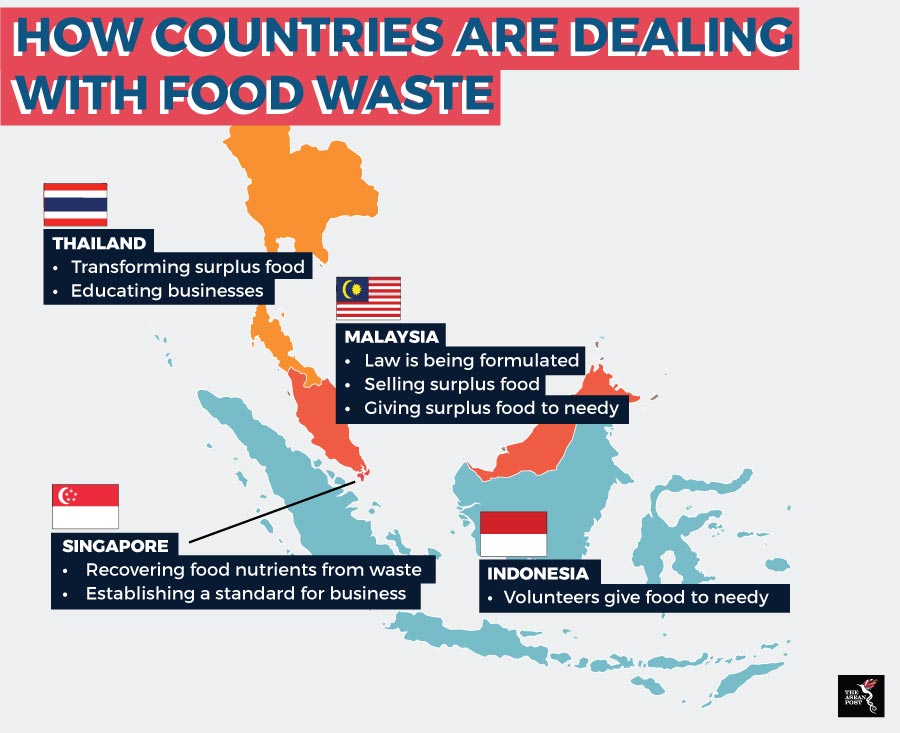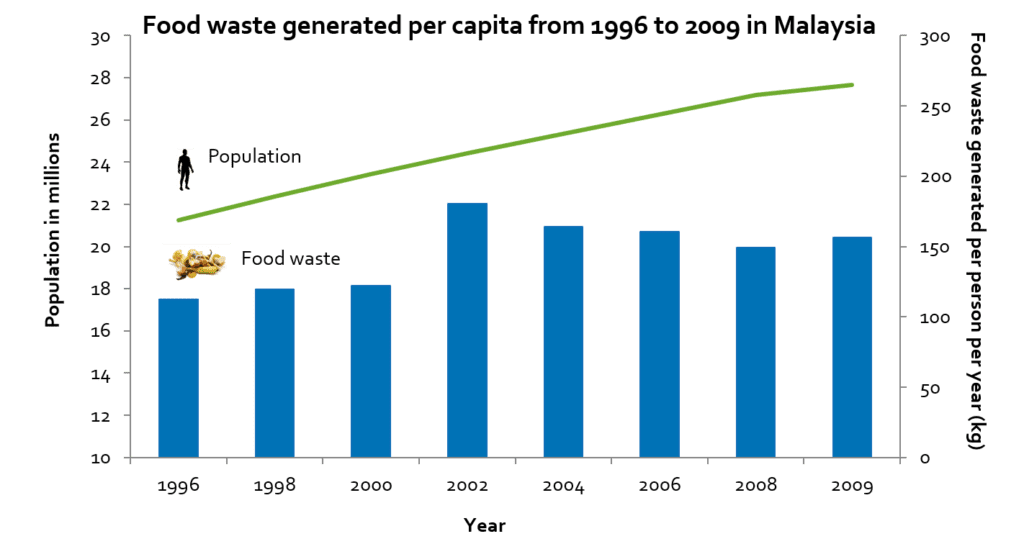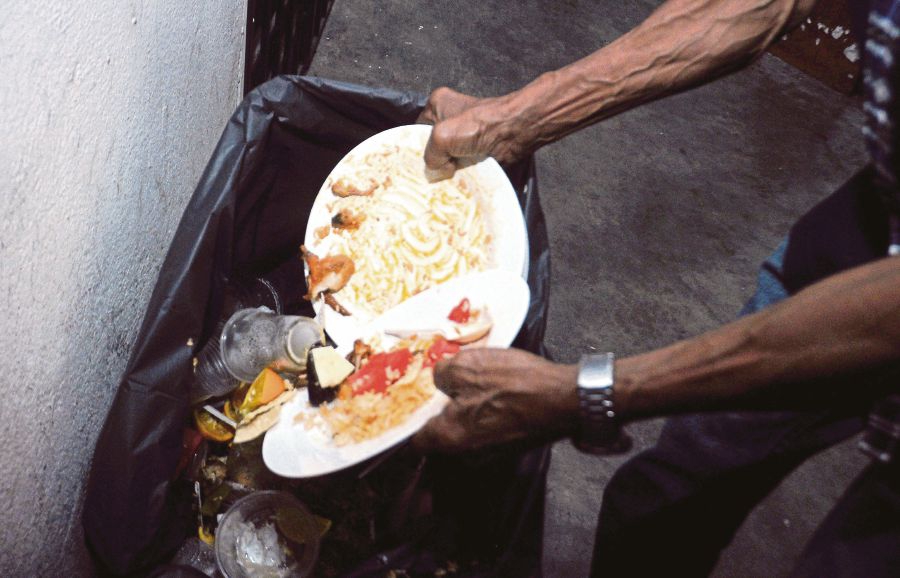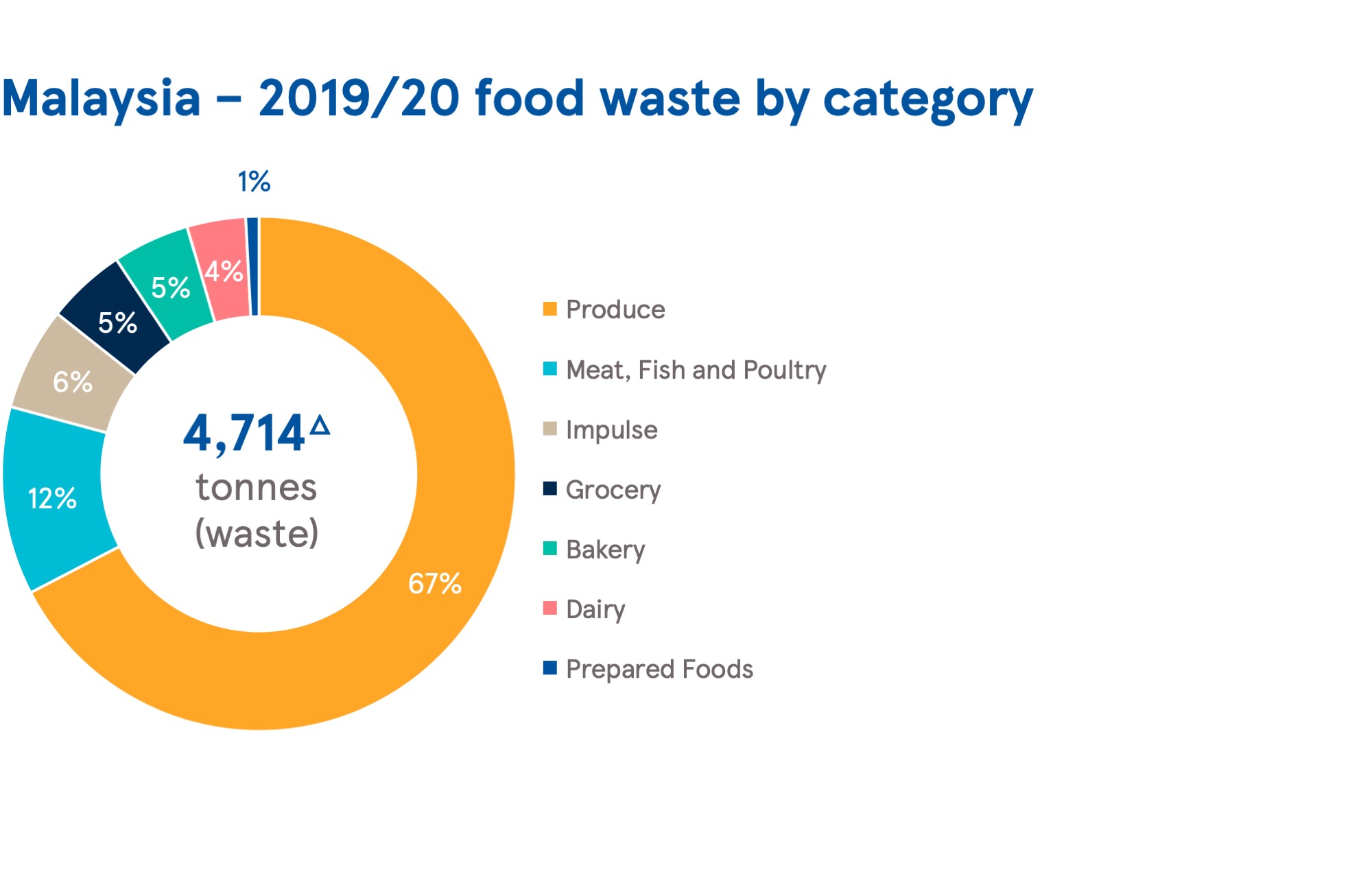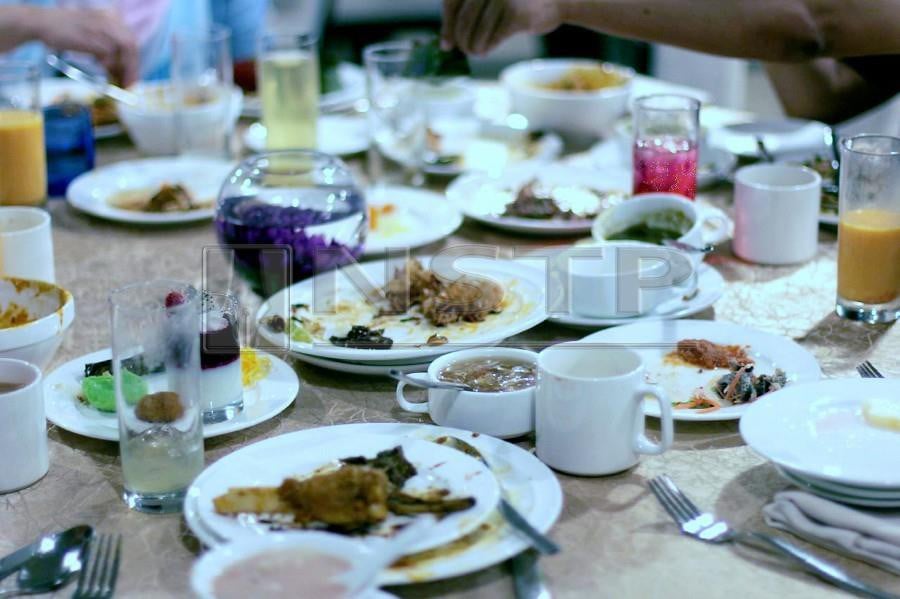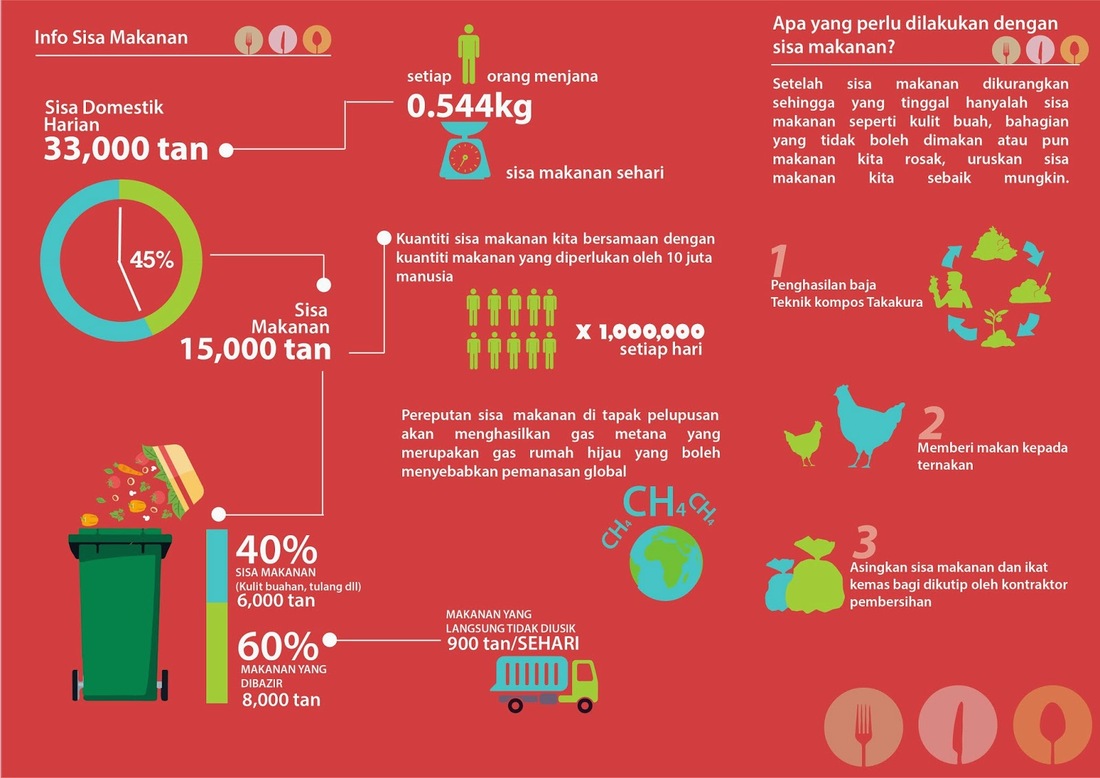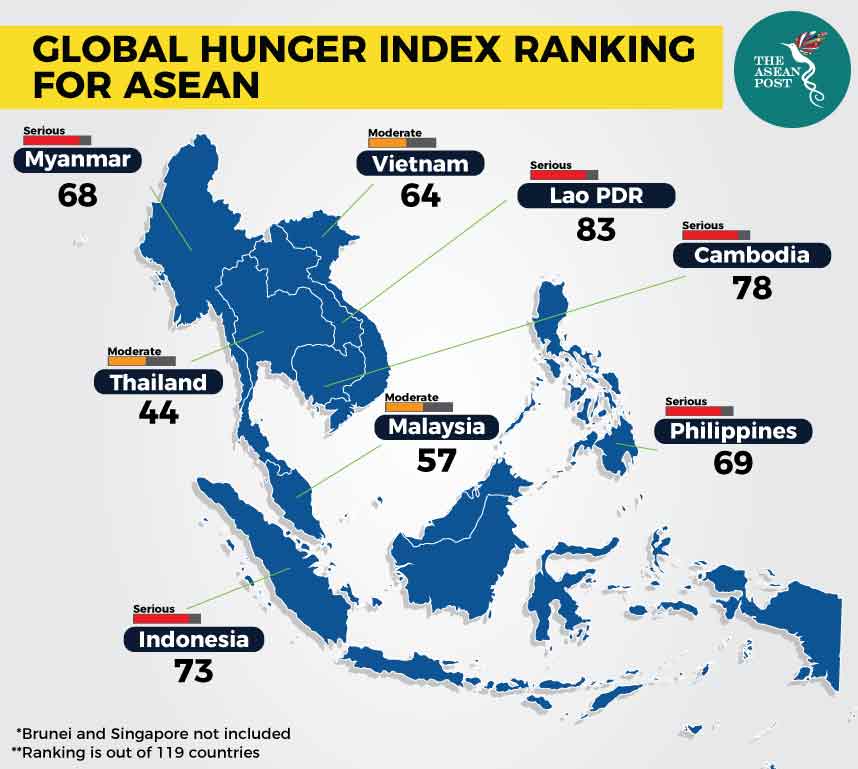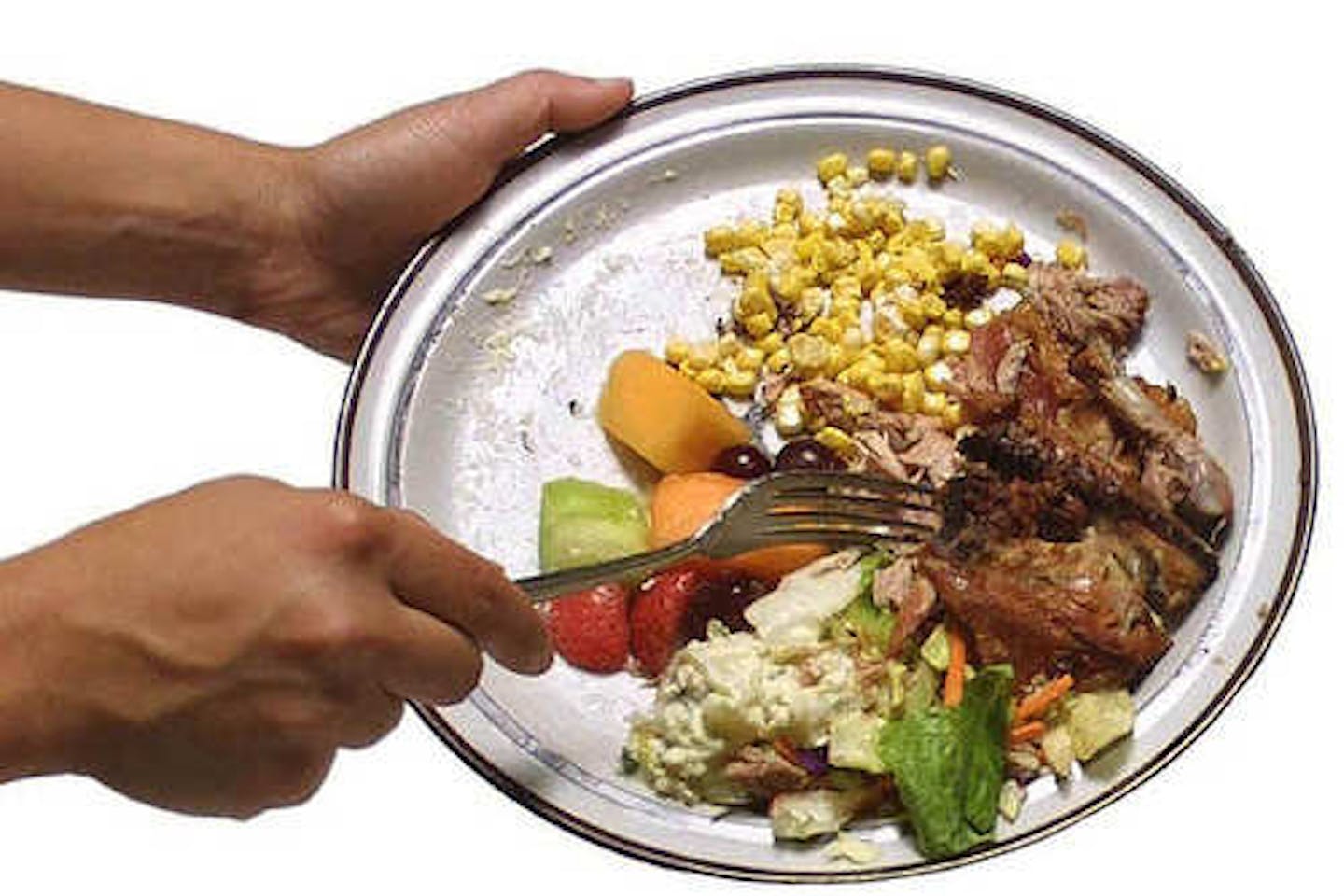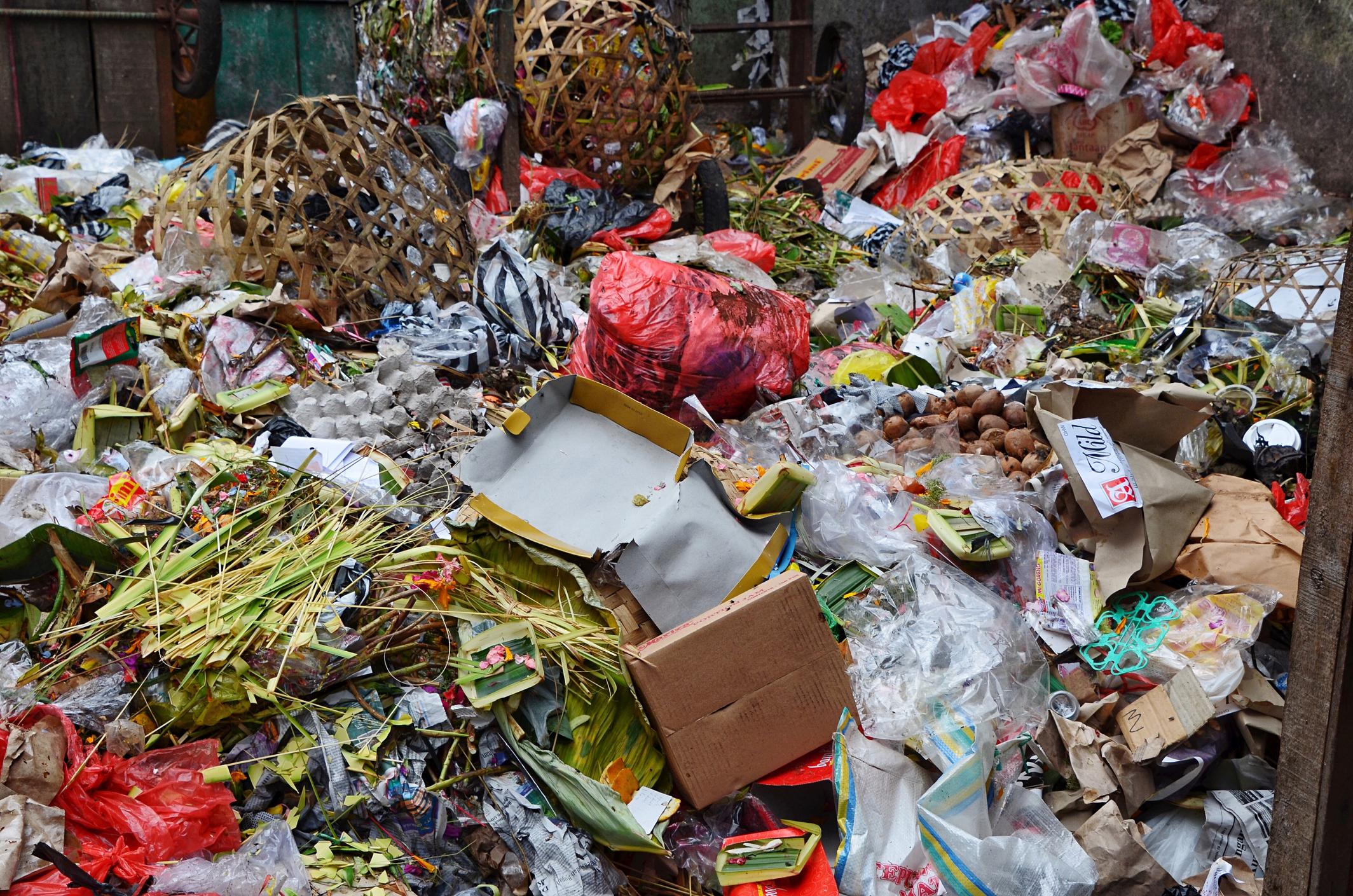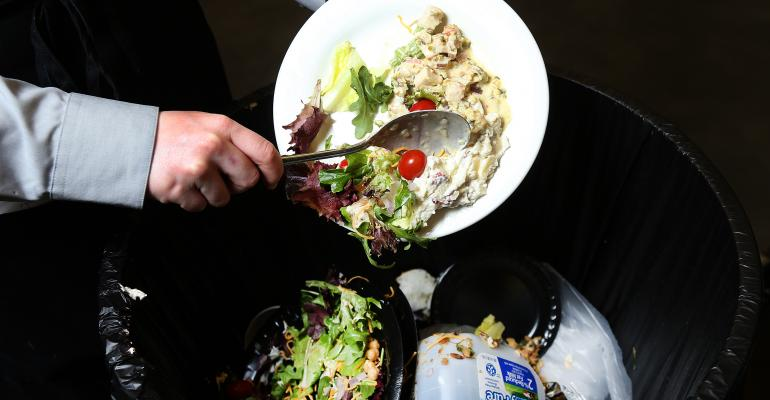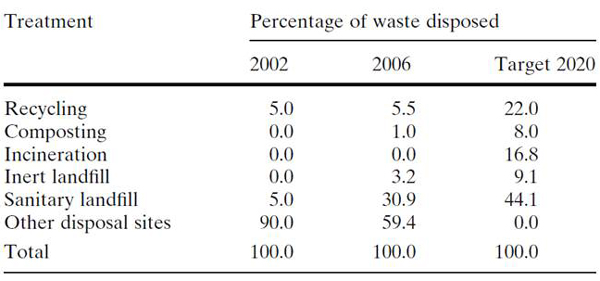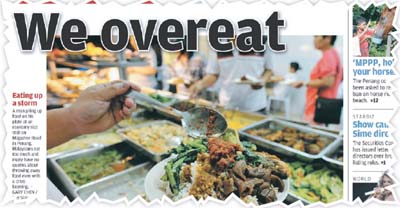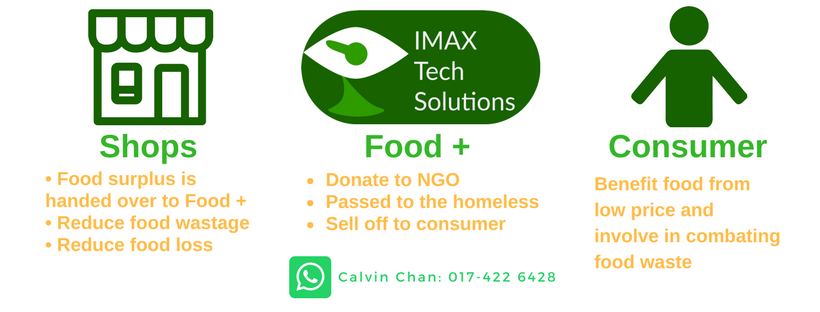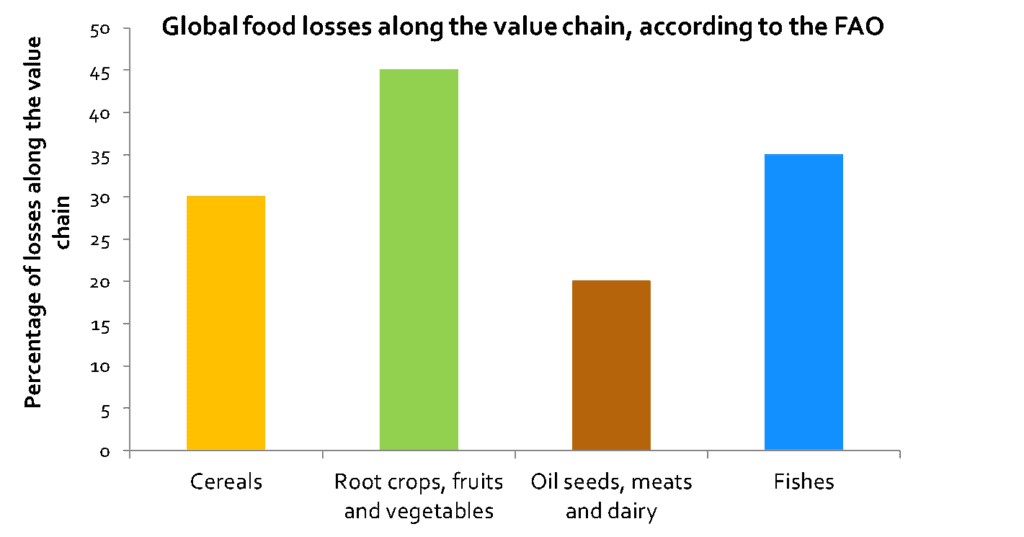Food Wastage In Malaysia
The amount of food wastage in malaysia is enough to feed 12 million people three times a day.
Food wastage in malaysia. According to the statistics provided by solid waste corp swcorp a government agency dealing with solid waste management in malaysia in 2017 alone malaysians generate 38 000 tons of waste per day in which approximately 15 000 tons are comprised of food waste and the amount keeps increasing. Excessive amounts of food waste are a global problem and malaysia is hardly alone in needing to tackle it. Of this 8000 tonnes or about 60 is avoidable food waste. About a third of food produced worldwide 1 3 billion tons goes to waste every year according to the un s world food and agriculture organization.
It s the first time anything like this has been done in malaysia. Enough to feed 12 million people a day. Of this around 15 000 tonnes is food waste. According to the solid waste corporation malaysians generate 16 687 5 tonnes of food waste on a daily basis which is enough to feed 12 million people three times a day.
Food waste scenario in malaysia drastic economic development coupled with rising commercialisation and urbanisation has resulted in large and increasing amounts of food waste in malaysia. Food waste and food loss are the keys to food wastage which is a growing issue in malaysia. Malaysia wastes 15 000 tons of food daily including 3 000 tons that are still good for consumption and should not have to be discarded the star 2016. The peti ais rakyat project will see participating restaurants donate excess food to a charity fridge for underprivileged families.
Malaysians waste 15 000 tonnes of food daily including 3 000 tonnes that is still fit for consumption and should not be discarded. Malaysians generate 38 000 tonnes of waste per day. Ampang mp zuraida kamaruddin found a way to kill 2 birds with 1 stone feeding the needy and reducing food wastage. 2015 the food waste in malaysia reached 15 000 tonnes daily including 3 000 tonnes that was st.
In the united states alone around 40 of the food produced never gets consumed.
